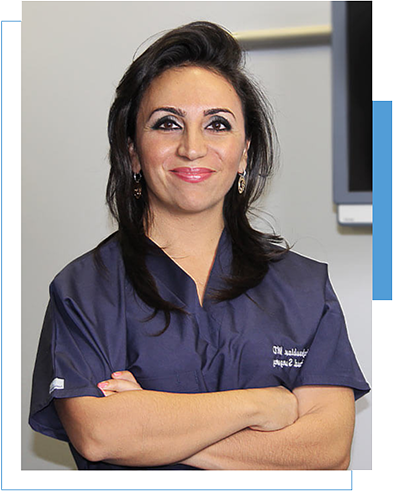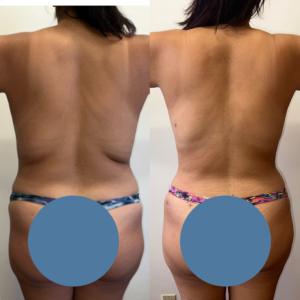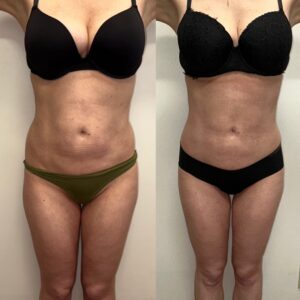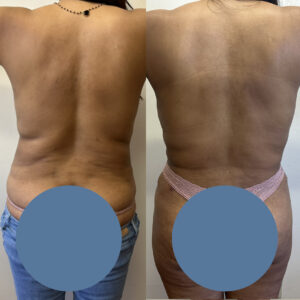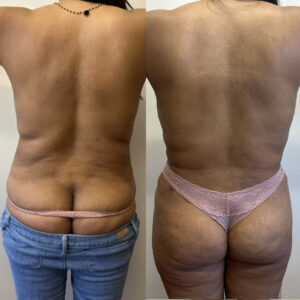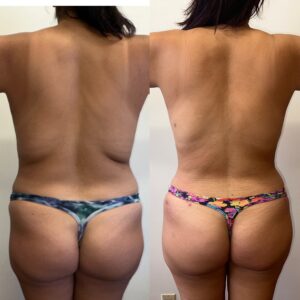Liposuction in Los Angeles
Discover the Perfect Enhancementfor Your Natural Beauty
Enhance your natural beauty and embrace your ideal figure with expert liposuction by Dr. Arezou Yaghoubian, a triple board-certified plastic surgeon renowned for her expertise and personalized approach.
Why Choose Dr. Yaghoubianfor Your Liposuction?

Dr. Yaghoubian’s extensive training and experience guarantee the highest level of care. Her meticulous technique and personalized consultations are dedicated to achieving your desired results, all while ensuring your safety and satisfaction.



What is Liposuction?
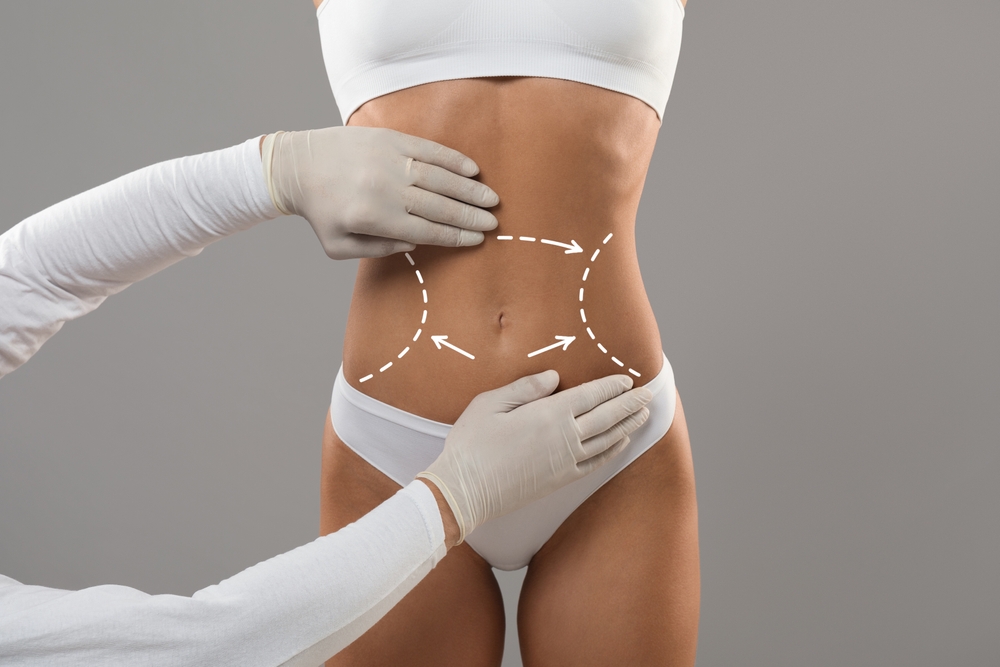
Liposuction is a surgical procedure aimed at removing stubborn fat deposits to shape and contour your body. Whether you’re seeking to refine specific areas that resist diet and exercise, enhance your overall silhouette, or achieve a more toned appearance, this procedure can help you attain a more sculpted and confident you.
Benefits of Liposuction:
Targeted Fat Removal: Eliminate stubborn fat deposits resistant to diet and exercise.
Procedure Details:
Liposuction removes fat cells permanently from targeted areas, leading to a more contoured and defined shape. Maintaining a stable weight will help preserve your results over time.

Choosing theRight Treatment Areas

Selecting the appropriate areas for liposuction is essential for achieving balanced and natural-looking results.
Factors to consider include:
Risks & Considerations

Serious Risks: Infection, blood clots, or irregular contours.
Liposuction in Los Angeles
Dr. Yaghoubian specializes in liposuction procedures tailored to sculpt and refine your body contours. With personalized care, each liposuction treatment is crafted to address your specific needs and desired outcome. Rediscover your confidence and embrace your journey to a more sculpted silhouette with Dr. Yaghoubian’s expertise and compassionate approach.
What is Liposuction?
Liposuction is a cosmetic procedure aimed at removing excess fat deposits from specific areas of the body to improve contours and proportions. Dr. Yaghoubian specializes in crafting personalized liposuction plans to address individual concerns and achieve desired results. Whether targeting stubborn fat pockets or enhancing body contours, Dr. Yaghoubian’s expertise ensures a tailored approach that restores confidence and enhances your overall appearance.
Schedule an Appointment
What's Involved in Liposuction?
The following are apart of liposuction:
Consultation and Planning:
The process begins with a consultation with Dr. Yaghoubian, during which your concerns and goals are discussed. Dr. Yaghoubian will assess your candidacy for liposuction, evaluate your medical history, and create a personalized treatment plan tailored to your specific needs.
Recovery:
After the procedure, you will be given instructions on how to care for the treated areas and manage any discomfort. You may experience swelling, bruising, and temporary numbness, which typically subside within a few weeks. It’s essential to follow Dr. Yaghoubian’s post-operative guidelines to ensure a smooth recovery and optimal results.
Procedure:
On the day of the procedure, you will receive anesthesia to ensure your comfort. Dr. Yaghoubian will then make small incisions in the treatment area and insert a thin tube called a cannula to suction out excess fat deposits. The procedure may involve various techniques such as traditional liposuction, laser-assisted liposuction, or ultrasound-assisted liposuction, depending on the individual case.
Results:
Over the following weeks and months, you will notice gradual improvements in your body contours as swelling resolves and the treated area settles. While results may vary, most patients experience a slimmer, more sculpted appearance in the treated areas. Maintaining a healthy lifestyle with regular exercise and a balanced diet can help sustain your liposuction results in the long term.
Dr. Yaghoubian's Before & Afters
Am I a Candidate for Liposuction?
Liposuction may be suitable for individuals who have localized areas of excess fat that are resistant to diet and exercise. Good candidates are generally in good overall health, close to their ideal body weight, and have realistic expectations about the results of the procedure. It’s essential to consult with Dr. Yaghoubian to assess your candidacy for liposuction, as individual factors such as medical history, skin elasticity, and aesthetic goals play a significant role in determining suitability for the procedure
Liposuction FAQ:
Liposuction can be performed on various areas of the body, including the abdomen, thighs, buttocks, hips, arms, back, chest, and chin.
Liposuction is typically performed under general anesthesia or local anesthesia with sedation. The surgeon makes small incisions in the target area, inserts the cannula, and uses suction to remove excess fat.
The recovery process varies from patient to patient but generally involves some swelling, bruising, and discomfort for the first few days. Patients are advised to wear compression garments and avoid strenuous activities during the initial recovery period.
The fat cells removed during liposuction are permanently eliminated from the body. However, maintaining a healthy lifestyle with proper diet and exercise is essential to prevent the remaining fat cells from expanding.
Risks and complications of liposuction may include infection, bleeding, fluid accumulation, contour irregularities, numbness, and adverse reactions to anesthesia. These risks can be minimized by choosing a qualified and experienced surgeon.
Meet the Surgeon
